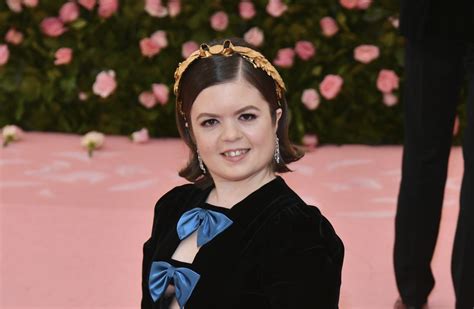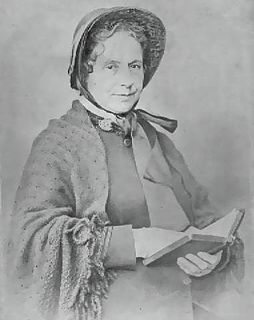A Quote by Amy Tan
I'm open to reading almost anything - fiction, nonfiction - as long as I know from the first sentence or two that this is a voice I want to listen to for a good long while. It has much to do with imagery and language, a particular perspective, the assured knowledge of the particular universe the writer has created.
Related Quotes
Recently, the science fiction writer Arthur C. Clarke talked about the ways the lives of human beings will be changed in the next century. At least half of them I didn't understand at all, though I'm sure that kids today would know exactly what he meant. I'm somewhere in the past. I do think, however, that our brains have been damaged by technology. I meet kids who don't seem to be capable of reading a long sentence, much less a long book.
I remember reading an interview with a writer who said that in nonfiction if you have one lie it sort of messes it up. But in fiction the real details give you so much more credibility, because people do so much research just to write fiction. In fiction you're trying to recreate something lifelike.
Whatever the particular call is, the particular sacrifice God asks you to make, the particular cross He wishes you to embrace, whatever the particular path He wants you to tread, will you rise up, and say in your heart, "Yes, Lord, I accept it; I submit, I yield, I pledge myself to walk in that path, and to follow that Voice, and to trust Thee with the consequences"? Oh! but you say, "I don't know what He will want next." No, we none of us know that, but we know we shall be safe in His hands.
I always think about the books I'm doing in pretty much the same way. I'm simply trying to write that particular novel as well as that particular novel can be written. I want to listen to what it is telling me, trying to figure out what it wants to do as much as what I want to do with it. There's a negotiation that's constant and ongoing between me and the material I'm working with, because I'm trying to listen to it.
No one can teach writing, but classes may stimulate the urge to write. If you are born a writer, you will inevitably and helplessly write. A born writer has self-knowledge. Read, read, read. And if you are a fiction writer, don't confine yourself to reading fiction. Every writer is first a wide reader.
Every sentence has a truth waiting at the end of it and the writer learns how to know it when he finally gets there. On one level this truth is the swing of the sentence, the beat and poise, but down deeper it's the integrity of the writer as he matches with the language. I've always seen myself in sentences. I begin to recognize myself, word by word, as I work through a sentence. The language of my books has shaped me as a man. There's a moral force in a sentence when it comes out right. It speaks the writer's will to live.
No one can teach writing, but classes may stimulate the urge to write. If you are born a writer, you will inevitably and helplessly write. A born writer has self-knowledge. Read, read, read. And if you are a fiction writer, dont confine yourself to reading fiction. Every writer is first a wide reader.
I think that a lot of the time I don't go for something in particular. I see what comes to me, I filter it out. I never really strive to play a particular character or do a particular genre of film. As long as it's a good script and a great range of people and my character is really interesting I can't see any reason not to do it.




































